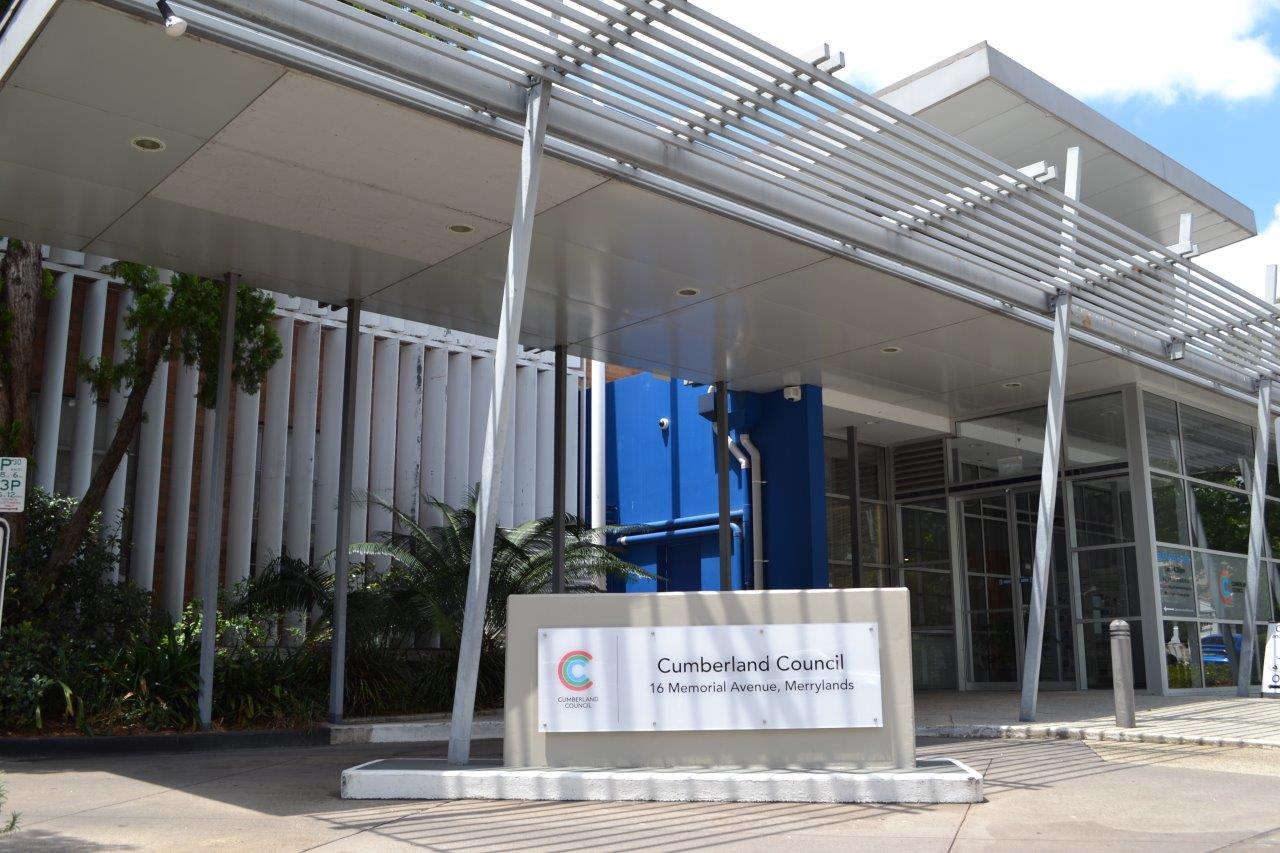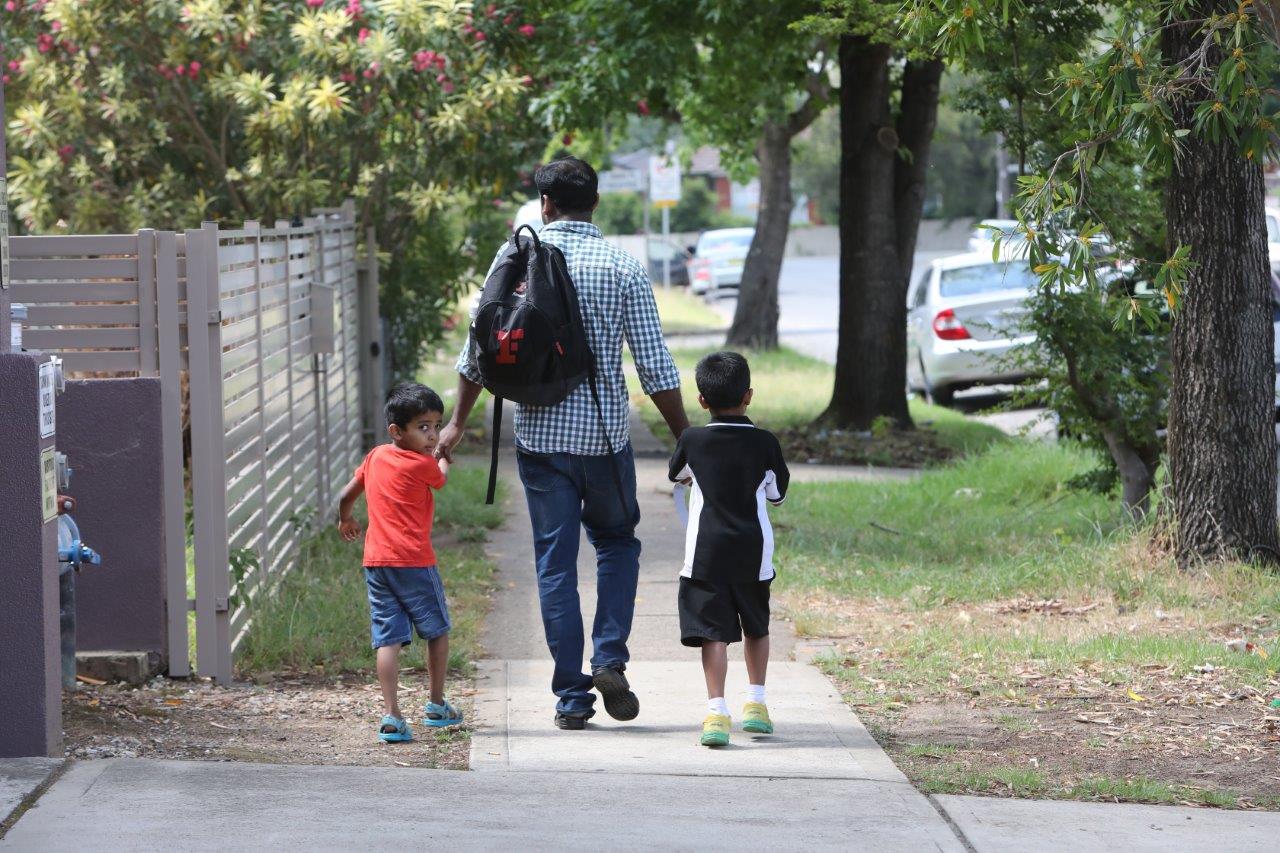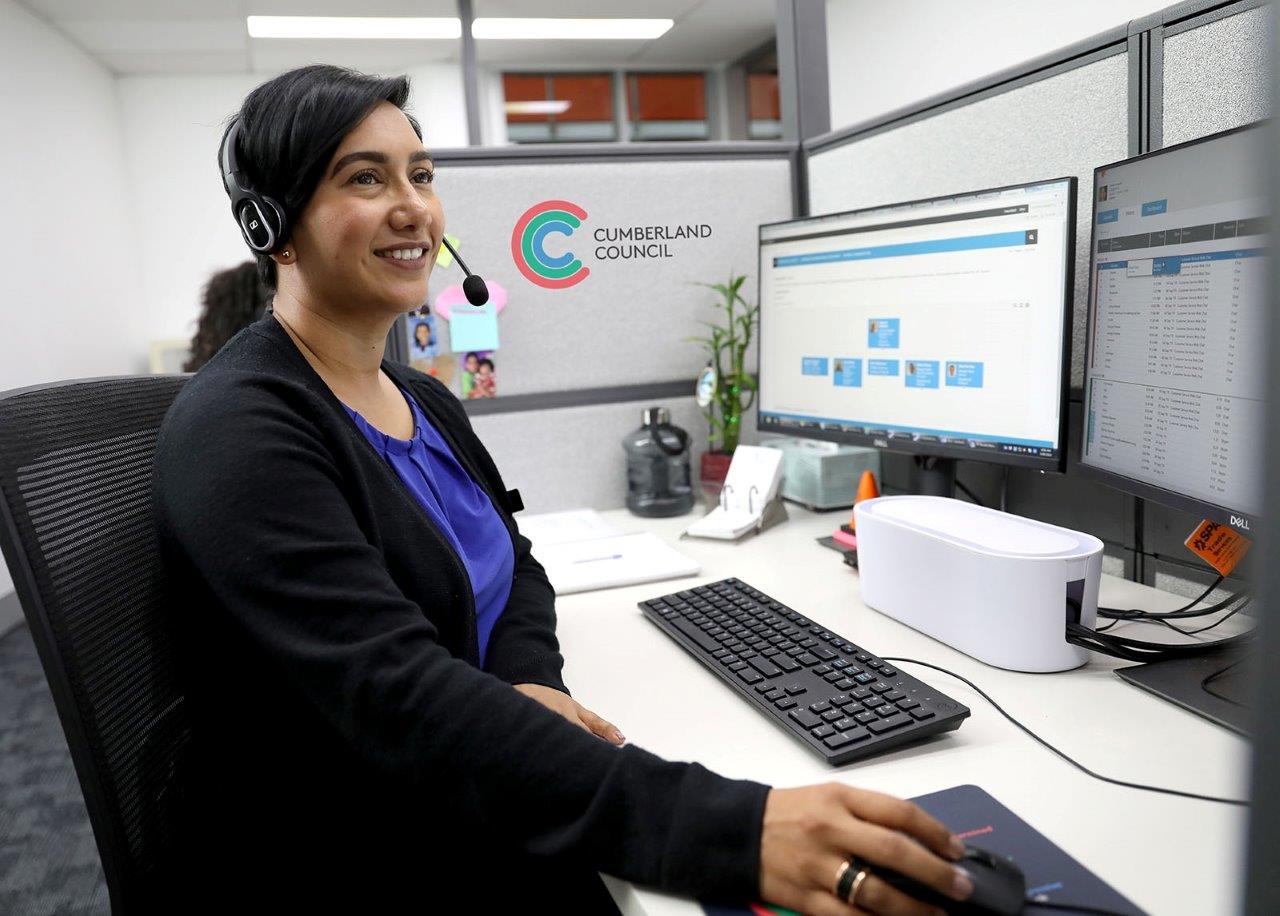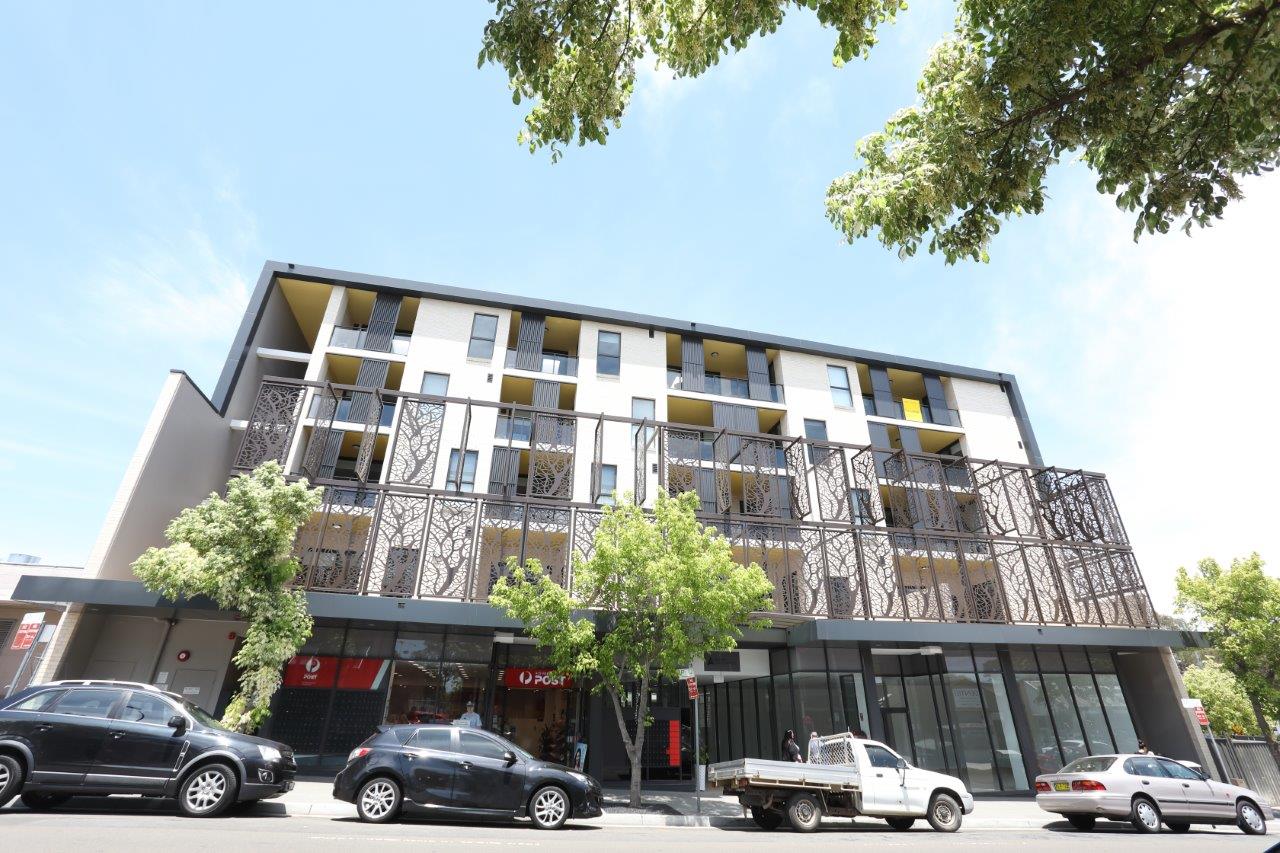Role of the Mayor
The role of the Mayor on a council is that of the ‘first among equals’.
The mayor has the same role and responsibilities as councillors but has additional responsibilities that reflect their leadership role under the Local Government Act 1993.
The role of the mayor is to:
- be the leader of the council and a leader in the local community
- advance community cohesion and promote civic awareness
- be the principal member and spokesperson of the governing body, including representing the views of the council as to its local priorities
- exercise, in cases of necessity, the policy-making functions of the governing body of the council between meetings of the council
- preside at meetings of the council
- ensure that meetings of the council are conducted efficiently, effectively and in accordance with the code of meeting practice and the Act
- ensure the timely development and adoption of the strategic plans, programs and policies of the council
- promote the effective and consistent implementation of the strategic plans, programs and policies of the council
- promote partnerships between the council and key stakeholders
- advise, consult with and provide strategic direction to the general manager in relation to the implementation of the strategic plans and policies of the council
- in conjunction with the general manager, ensure adequate opportunities and mechanisms for engagement between the council and the local community
- carry out the civic and ceremonial functions of the mayoral office
- represent the council on regional organisations and at inter-governmental forums at regional, State and Commonwealth level
- in consultation with the councillors, to lead performance appraisals of the general manager
- exercise any other functions of the council that the council determines.
Role of a Councillor
The Local Government Act 1993 prescribes the role of individual councillors as follows:
- to be an active and contributing member of the governing body
- to make considered and well-informed decisions as a member of the governing body
- to participate in the development of the integrated planning and reporting framework
- to represent the collective interests of residents, ratepayers and the local community
- to facilitate communication between the local community and the governing body
- to uphold and represent accurately the policies and decisions of the governing body
- to make all reasonable efforts to acquire and maintain the skills necessary to perform the role of a councillor.
Councillors are expected to represent the interests of the community that they serve, provide leadership, and communicate and promote the interests of the council to other levels of government and relevant bodies.
They have a responsibility to make decisions in the best interest of the whole community when deciding on the provision of services and the allocation of resources.
Councillors also need to provide leadership and guidance to the community. This is especially important when communities face challenges, such as climate change, drought, bushfires or floods, high unemployment or skill shortages.
The NSW Government has mandated that all Councils establish a local planning panel to determine development applications of a certain criteria. As such, it is considered unlawful and outside the role of the Mayor and Councillors to be involved in the determination of Development Applications. The Cumberland Local Planning Panel (CLPP) which is made up of independent experts and community representatives, is responsible for determining development applications of a certain criteria, with Council officers being responsible for determining simple development applications such as applications for minor alterations or additions to a property. Councillors, property developers and real estate agents are ineligible to apply to be panel members on the CLPP, as this undermines the objective of having DAs determined by independent experts. If you have any development related enquiries, please contact Council on 8757 9000, and ask to speak to an available Duty Planner.




